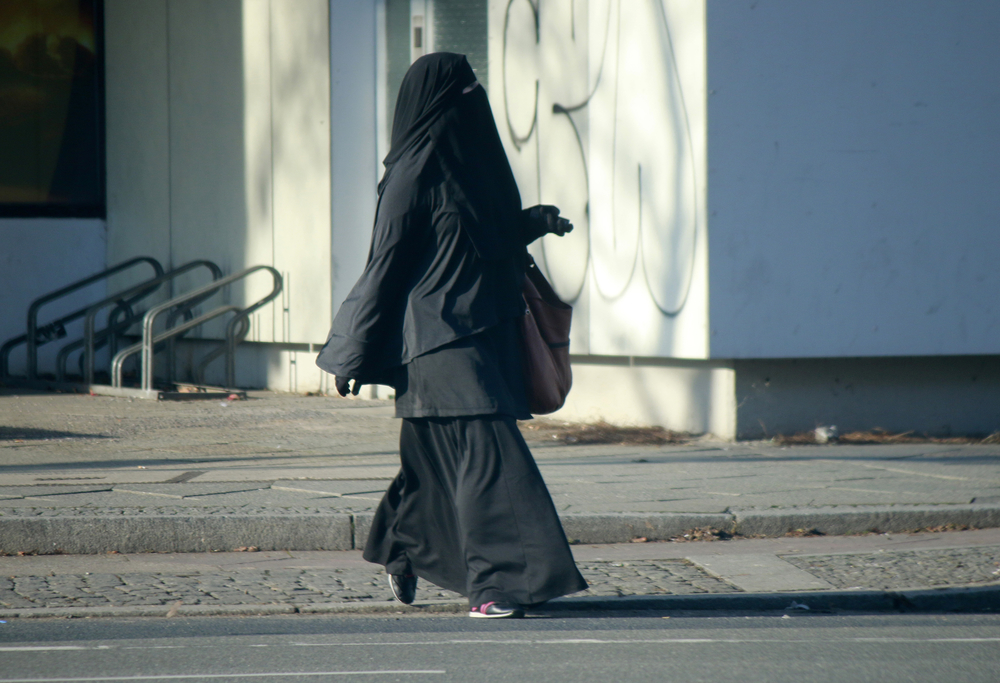Burka ban comes into effect next month, wearers face fines of €150


The so-called burka ban comes into effect in the Netherlands on August 1, with a €150 fine for people caught wearing face-covering headgear in schools, on public transport, in hospitals and public buildings.
The ban requires public officials and public transport workers to ask people caught covering their faces to remove the offending garment or leave the building. If they refuse, the police will be brought in.
Senators voted last June in favour of the controversial proposals, 13 years after a burka ban was first mooted.
In 2005, the lower house of parliament first supported a motion by Geert Wilders and the PVV for a ban on the public wearing of burkas and in 2010 a total ban was included in the coalition agreement at the behest of the PVV.
That coalition collapsed after the PVV withdrew its support and a partial ban was included in the 2012 coalition plans. In November 2016 the lower house of parliament backed the measure, which will now come into effect.
The Council of State, which is the government’s most senior advisory body, recommended against introducing a ban, arguing that there are already sufficient provisions in law to require people to show their faces.
There are said to be about 150 women who wear a burka or niqab on a daily basis in the Netherlands. Critics say the effect of a ban will make it impossible for these women to go about their daily lives and enforcing the ban will be a waste of money.
Thank you for donating to DutchNews.nl.
We could not provide the Dutch News service, and keep it free of charge, without the generous support of our readers. Your donations allow us to report on issues you tell us matter, and provide you with a summary of the most important Dutch news each day.
Make a donation